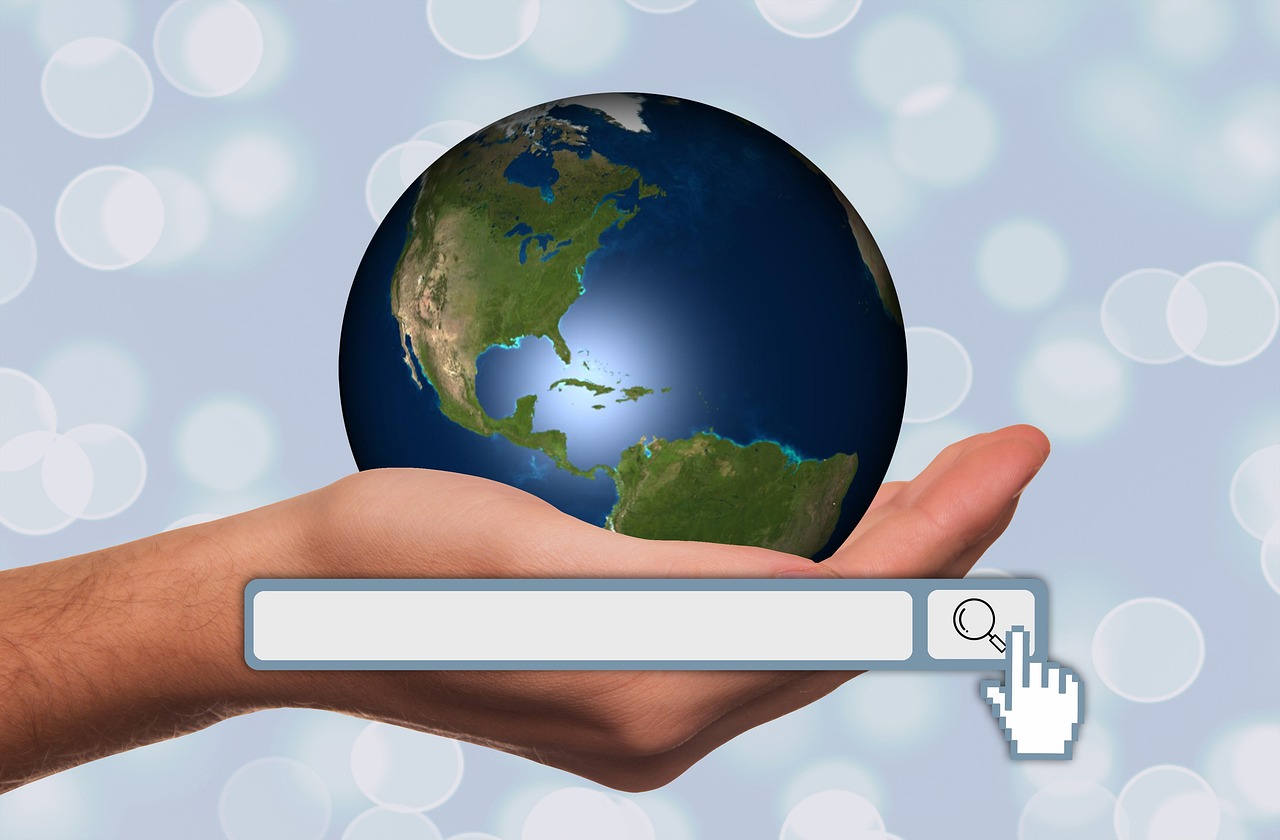The Rise of Remote Healthcare Services: Opportunities for Entrepreneurs
Remote healthcare services, also known as telehealth or telemedicine, have greatly transformed the way medical care is accessed and delivered. Through the use of technology such as video calls, phone consultations, and online portals, patients can now connect with healthcare providers from the comfort of their homes. This convenience has made healthcare more accessible to individuals living in remote areas or those with limited mobility.
Moreover, remote healthcare services have proven to be particularly beneficial during public health crises like the COVID-19 pandemic, where in-person visits to hospitals and clinics were restricted. Patients could still receive timely medical advice, prescriptions, and even mental health counseling through virtual appointments. This innovation has not only ensured continuity of care but has also reduced the risk of virus transmission, making it a safer option for both patients and healthcare providers.
Challenges in Traditional Healthcare System
The traditional healthcare system faces various challenges that hinder its efficiency and effectiveness. One of the primary issues is the limited accessibility to healthcare services, especially in rural or remote areas. Patients often have to travel long distances to access medical facilities, leading to delays in receiving crucial care. This lack of accessibility can also result in disparities in health outcomes among different populations, exacerbating existing inequalities in healthcare.
Moreover, the traditional healthcare system is often characterized by long waiting times for appointments, tests, and procedures. This can lead to delays in diagnosis and treatment, impacting the overall quality of care provided to patients. Additionally, the reliance on paper-based record-keeping systems can cause inefficiencies and errors in medical documentation, potentially compromising patient safety and care coordination. These challenges highlight the need for innovative solutions, such as remote healthcare services, to overcome the limitations of the traditional healthcare system.
Benefits of Remote Healthcare Services
Remote healthcare services offer a multitude of advantages for both patients and healthcare providers. One of the key benefits is the convenience it provides to individuals who may have difficulty accessing traditional healthcare facilities due to geographical barriers or mobility constraints. With remote healthcare services, patients can receive medical advice, consultation, and even treatment from the comfort of their own homes, eliminating the need to travel long distances or wait in crowded waiting rooms.
Additionally, remote healthcare services have the potential to improve healthcare outcomes by facilitating timely access to medical assistance. Patients can quickly connect with healthcare professionals through virtual appointments, reducing the risk of delayed diagnosis and treatment. This timely intervention can lead to better management of chronic conditions, early detection of health issues, and ultimately, improved overall health and well-being for patients.





